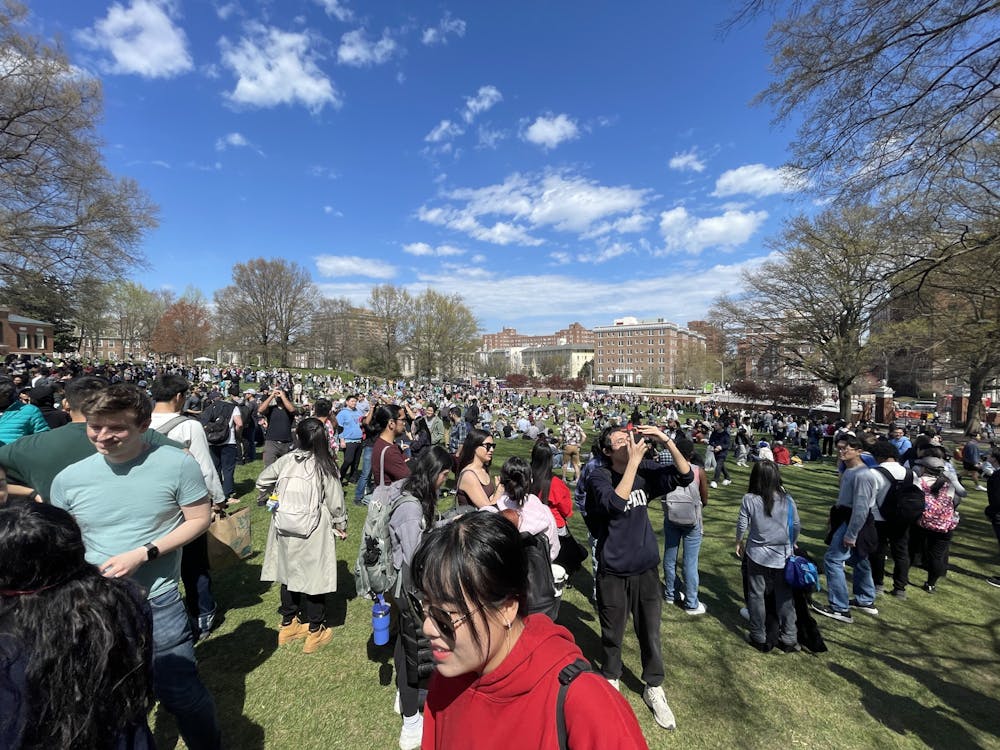The performance of daily activities such as grocery shopping, daily household cleaning and meal preparation could be affected by breathing problems during sleep. A new study suggests that older women with sleep apnea are at a high risk for declining ability to perform such activities.
Sleep apnea is a sleep disorder where the patient experiences an involuntary pause in breathing while asleep. These episodes last long enough that one or more breaths are missed, and they can sometimes occur hundreds of times throughout the night.
If left untreated, sleep apnea can cause daytime sleepiness and fatigue. According to a recent study performed by researchers at the Johns Hopkins Bloomberg School of Public Health and the University of California, San Francisco, it can also contribute to a decline in the ability to perform daily tasks efficiently in older women.
There are three different types of sleep apnea: central, obstructive and mixed. Of the three types, obstructive sleep apnea is the most common.
Central sleep apnea occurs when breathing is interrupted by simply a lack of effort, while in obstructive sleep apnea, the patient is unable to breathe because of a physical obstacle that blocks airflow. In mixed sleep apnea, there is a transition from central to obstructive during an apnea episode. Despite the different types, an individual with sleep apnea in most cases is unaware of these episodes, even upon waking.
This disorder is very common — the National Sleep Foundation estimates that it affects more than 18 million Americans. Major symptoms include extremely loud snoring, obesity and frequently waking up in the morning with a dry throat or headache. However, none of these symptoms is enough for a diagnosis; the only way to definitively show if an individual has sleep apnea is to perform a sleep study in a lab or at home.
The study, published in the online edition of the Journal of the American Geriatrics Society, included more than 300 women with a mean age was 82.3 years. The study participants were first asked to undergo an in-home sleep evaluation, where each individual’s severity of sleep-disordered breathing was rated with the apnea-hypopnea index (AHI), a scale that reflects the number of breathing interruptions as well as the number of decreases in breathing per hour of sleep.
Afterwards, each woman was asked to report if they had any difficulty performing daily activities and if they had any challenges with mobility and ease of movement. Finally, in a follow-up evaluation five years later, each woman’s self-reported daily activities and mobility were assessed again.
The researchers discovered that women who had AHIs on the moderate to severe end of the spectrum were 2.2 times more likely to have deteriorating daily activity functions after five years. Even women with moderate to severe AHIs who reported having no difficulties with daily activities during the initial, baseline evaluation had a higher chance of reporting a decline in daily activity functions in the follow-up survey. Interestingly, the authors report that they did not observe a relationship between sleep-disordered breathing severity and decline in mobility.
However, the study was observational, meaning that while sleep-disordered breathing severity was correlated with functional decline, there is no conclusive evidence that sleep apnea causes a deterioration in the ability to perform daily tasks.
Nevertheless, the researchers hypothesize that low blood oxygen levels caused by sleep-disordered breathing could be the culprit that causes the decline in the performance of daily tasks. The researchers also suggest that since sleep apnea can be treated, treatment of sleep-disordered breathing could possibly help prevent the deterioration of function. However, further research is needed to confirm their findings and investigate these possibilities.






















Please note All comments are eligible for publication in The News-Letter.